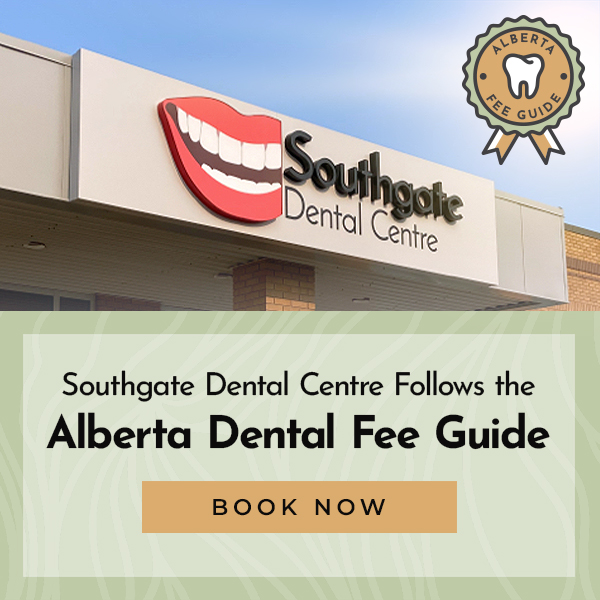When it comes to your dental health, one thing that worries many people is the question of whether or not they need to have their wisdom teeth removed. Fortunately, not everybody needs to have these teeth removed, but if your wisdom teeth are impacted and causing disease processes, your dentist may recommend removing them to preserve your dental health.
Many people experience wisdom teeth growing naturally without any side effects due to their mouth having enough space to accommodate the third molars. However, wisdom teeth often don’t erupt fully—they can become impacted or possible damage adjacent teeth while erupting, leading to the need to remove them.
If you’re worried about your wisdom teeth, your first step should be to visit a dentist so they can examine your teeth and determine if there may be a problem.
What Are Wisdom Teeth?
Wisdom teeth, also known as third molars, are typically the last set of teeth that emerge in your mouth. They typically appear during a person’s late teens and early adulthood in the back corners of the upper and lower jaw, normally 4 in total. However, many people will not get all their wisdom teeth.
Wisdom teeth began to develop early in human history when our diet was different. Our foods were tougher and harder, which could wear down and damage our existing teeth. We evolved to grow this final set of teeth so that we could continue chewing and eating our food properly without hindrance.
However, in the modern day of dental care and foods that are more tooth-friendly, we’ve begun to lose the need for the third molars. Our jaws are becoming smaller, but these teeth continue to grow—this leads to the potential for these wisdom teeth to damage our existing teeth and gums.
Do Wisdom Teeth Always Damage Your Mouth?
Wisdom teeth are often known to cause pain and damage to your mouth, but pain isn’t necessarily a sign the wisdom teeth need to be removed. The pain experienced is known as “teething” pain.
Just like a child getting new teeth, there will be inflammation and associated pain with the eruption of wisdom teeth. People may describe their wisdom teeth as going up and down, but really what is happening is the episodic eruption of the wisdom tooth, causing inflammation and swelling in the localized area. When the tooth stops erupting, the swelling goes down and it feels like the tooth stopped growing, but it’s just waiting for its next growth spurt. This “teething” pain can be treated with over-the-counter anti-inflammatory medication. Swelling doesn’t always mean infection. It’s best to visit your dentist to confirm.
Some people have enough space in their mouth to allow wisdom teeth to grow naturally with minimal side effects.
However, this isn’t always the case. Wisdom teeth can cause a wide range of problems in your mouth, including:
- Impaction, where the tooth is trapped under your gum line or bone. The wisdom tooth is not visible in your mouth. This unerupted tooth can lead to infections, gum disease, pain, and damage or shifting to the surrounding teeth.
- Partial eruption, where the tooth doesn’t fully emerge. This will expose you to gum infections by creating an opening where food particles and bacteria can reach and stick, leading to infections and abscessed teeth.
- Angled eruption towards the adjacent tooth, leading to the impaction of the wisdom tooth because it cannot erupt. This angled impaction can lead to destruction of the adjacent tooth because the process of tooth eruption does not discriminate between bone tooth or tooth structure.
- Misalignment of the adjacent teeth as the tooth attempts to push adjacent teeth out of the way to create space for itself.

Does Everybody Need to Have Their Wisdom Teeth Removed?
Since everybody’s mouth is different, not everybody needs to have their wisdom teeth removed. If your mouth has enough space and a dentist determines you’re not at risk of dealing with complications, you may be able to let the teeth grow naturally with no side effects.
If you are already prone to crowding and required orthodontics, you are likely to have an inadequate jaw size to fit your wisdom teeth. Removal of the wisdom teeth would be suggestion.
At the end of the day, the decision or need to remove your wisdom teeth can depend on several factors, including:
- The position of the wisdom teeth and whether or not they’re likely to push or damage adjacent teeth
- The condition of your wisdom teeth and gums
- Your overall oral health. If you’re prone to decay and gum disease, you may want to remove your wisdom teeth as preventative measures. Wisdom teeth are difficult to clean and floss because of their location.
- Gum disease and cavities (exposing other teeth in your mouth to bacteria and a greater incidence of cavities and gum disease throughout your mouth)
This makes it important to visit a dentist for a proper consultation if you’re worried about your wisdom teeth or your child’s wisdom teeth. We can perform a comprehensive dental exam and determine if you’re at risk of experiencing problems caused by your wisdom teeth.
What Age Should You Have Your Wisdom Teeth Removed
Ideally wisdom teeth are extracted between the ages of 18–25, and definitely before you’re 35 as healing is more predictable and complications are less likely to occur when you are younger. The bone tends to be “softer” and easier to extract than when you are older and the bone is “harder.”
Bone healing is more predictable when you’re younger, which protects the adjacent teeth after extraction of the wisdom teeth. Bone regeneration behind the last tooth is better when you are younger, protecting the last molars.
Should I Have My Wisdom Teeth Removed?
If you believe your wisdom teeth could cause problems, your first step should be to book an appointment with your dentist.
We can perform a thorough consultation of your teeth through X-rays and complete a full examination to help determine whether or not your wisdom teeth are likely to cause problems. Following your exam, we can give you a professional recommendation regarding whether or not you should have your wisdom teeth removed.
Depending on the difficulty factor of the extraction, including:
- Adjacent anatomy like nerves and sinuses
- Angulation of the wisdom tooth
- Depth of the wisdom tooth from the surface of the bone
- If you have limited opening ability of your mouth
- Anxiety with dental procedures
- Medical conditions, for example if you are a heavy bleeder, have high blood pressure, have diabetes, etc.
You may be referred to an oral and maxillofacial surgeon. At Southgate Dental Centre, we know how frustrating it can be when wisdom teeth are causing problems. Our team of experienced dentists is here to answer your questions about wisdom teeth and other dental concerns. For a consultation about your wisdom teeth and all your dental needs, schedule an appointment today!



